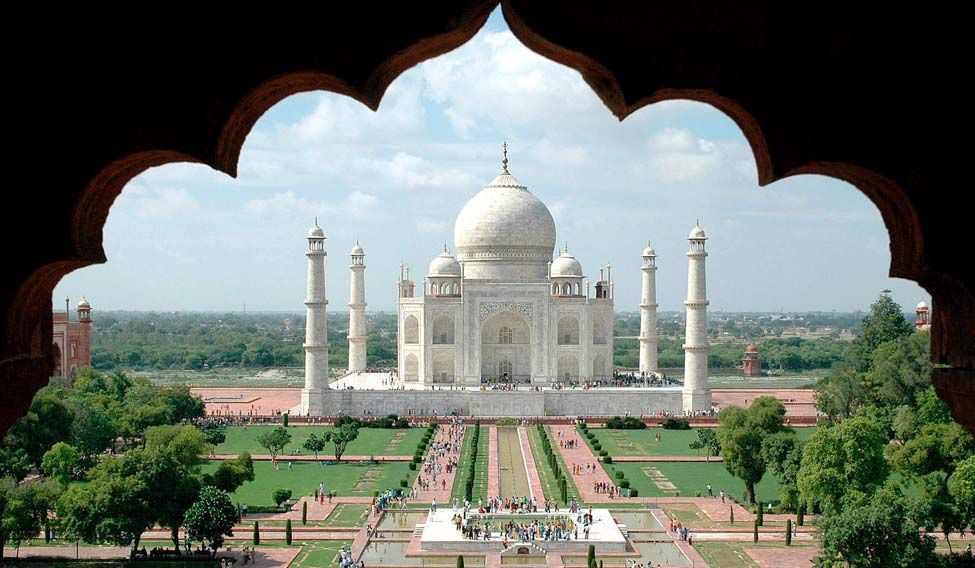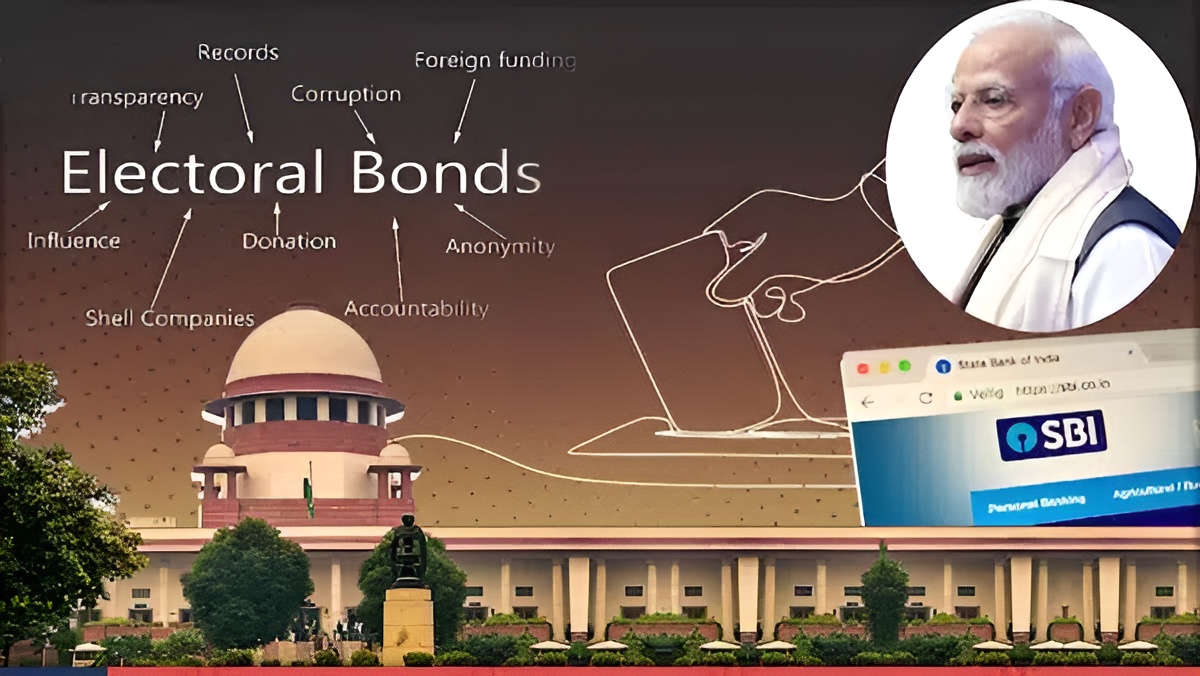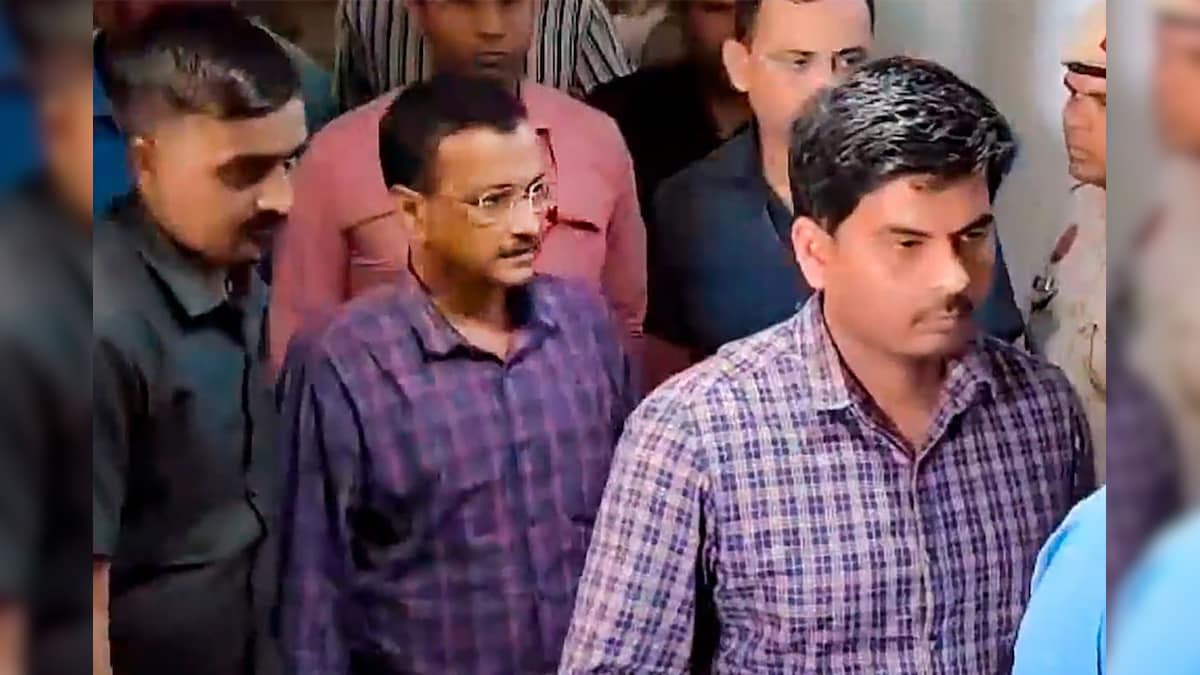There is no unbiased spectator in the maze of historical research. Howard Zinn’s insightful statement strikes a deep chord with us, serving as a reminder that even the most sincere historians are influenced by their own viewpoints and the events of the present day. One of the greatest historians of all time, Eric Hobsbawm, emphasises the importance of telling fact from fiction when studying history. Because without this distinction, historical research loses its fundamental integrity.
However, a sinister pattern in the history of historiography is revealed: the falsification of the truth in order to serve political ends. The warning of Hobsbawm against the “politico-ideological abuse of history” is still relevant today, since nationalist agendas are always trying to alter history to fit their own stories. This sneaky revisionism, which is full of deception and myth, is used to support extreme viewpoints.
Previously restricted to academic domains, historical research is currently entangled in the stormy waters of politics. The past is being used as a weapon to spread nationalist fervour, despite earlier being valued for its lessons. The attempt by people in positions of authority to rewrite history in order to tighten their hold on the present and control the future gives unsettling relevance to George Orwell’s ominous prediction.
The merging of politics and historiography is blatantly obvious in the modern world. Committees are set up to support preconceived notions based on scientific data, not to discover the truths but to create them. The multicultural fabric of history is torn apart in the pursuit of ideological dominance and replaced by a single, exclusive story.
An organised attack on historical integrity is signalled by the emergence of authoritarian regimes around the world. People like Donald Trump, who have little regard for academic integrity, try to sanitise history to further their own objectives. Symbolic of this effort, the 1776 Commission attempted to turn history into a mirror of nationalist zeal, although it was ultimately destroyed at the end of Trump’s administration.
However, historical revisionism remains a serious threat that has seeped into the foundation of education. Once pillars of knowledge, textbooks are increasingly used as propaganda tools, glorifying warped historical accounts and whitewashing uncomfortable facts. The elimination of minority accounts and the exaltation of divisive characters in the Indian context highlight how pernicious this revisionism is.
Even the scientific community, which is supposed to protect the integrity of science, has given in to the power of political patronage. Meetings become forums for ludicrous assertions that pass for historical disclosures. The warning tale by George Orwell reverberates as fictitious claims gain traction in public awareness.
Complicity in the erosion of historical truth is found in the field of law. Courts, charged with preserving the integrity of the evidence, give in to political pressure, which causes history to be obscured. Judgements that reject justifiable requests for preservation are evidence of the distorting of justice to further ideological goals.
The leader of the Hindutva movement, Narendra Modi, is in charge of this carefully planned operation. His language, which is rife with grievances and revisionist zeal, aims to present history as exclusive. He tries to take control of the story by demonising dissident voices as aristocratic and colonial, eliminating complex viewpoints in favour of a rigid, sectarian morality.
One prime example of the deliberate deception at work in this story is the villainous portrayal of historical individuals such as Jawaharlal Nehru. Modi’s revisionist agenda distorts the complexity of history to fit a preset narrative, elevating some people while demonising others, like Sardar Patel.
Voices of opposition challenge the predominance of revisionist history amid this cacophony of deception. Armed with thorough study, academics such as Rajmohan Gandhi dispel the falsehoods that the powerful perpetuate. However, their efforts are lost in the flames of historical revisionism.
The struggle for truth rages on in the socio-political furnace that is India. As Orwell rightly pointed out, erasing historical knowledge is a powerful instrument of tyranny. Our only chance of saving the story from revisionism is to remain vigilant and steadfast in our pursuit of the truth.
The need for reform is stark in the face of this grave threat to our shared memory. The approaching June 2024 turning point offers a ray of hope—a chance to avoid the brink of historical distortion and recover the truth’s legacy. Because, as Zinn put it, “There is no such thing as impartial history, but there is a fervent obligation to uphold the integrity of the past.”








